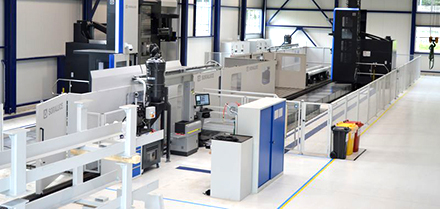Sanctions imposed by the European Union against Russia in connection with the military operation in Ukraine have limited transactions on correspondent accounts between German and Russian banks. Source: Lesprom
“Now German banks do not open new or even confirm existing letters of credit to manufacturers. This will lead to the fact that the supply of German machine tools to the Russian market will be greatly reduced,” says Konstantin Putintsev, CEO of the subsidiary of Siempelkamp in Russia.
How much is difficult to predict, as it is still difficult to assess the scale of these problems, he added.
According to Andrey Bulenkov, deputy director of sales at the Weinig Centre (the Russian subsidiary of the German Weinig), a lot will depend on what exactly is included in the list of high-tech equipment that will be subject to the sanctions.
“If the presence of the Siemens and Bosch system in machines of almost all types is recognized as high-tech equipment, then the company, with all its desire, will not be able to supply a simple planer mill to Russia. Thus, our Western partners give their factories in China a chance to fill the Russian market with their equipment. So, I think the Chinese should be looking forward to these sanctions. It is they who will benefit from their introduction,” Mr Bulenkov said.
The suspension of Hermes export credit guarantees for Russia, announced by the German Ministry of Economy on Friday, according to experts, will not affect the supply of German woodworking equipment to the Russian market.
German companies very rarely use this tool, since it is expensive against the backdrop of cheap money, noted Konstantin Putintsev.
“In my memory, from 2005 to 2015, there were only two large loans when Hermes joined. This concerned the supply of Homag and Weinig equipment to Krasnoyarsk region. So, for small and medium-sized businesses, this measure will not deal any blow,” Mr Bulenkov said.






